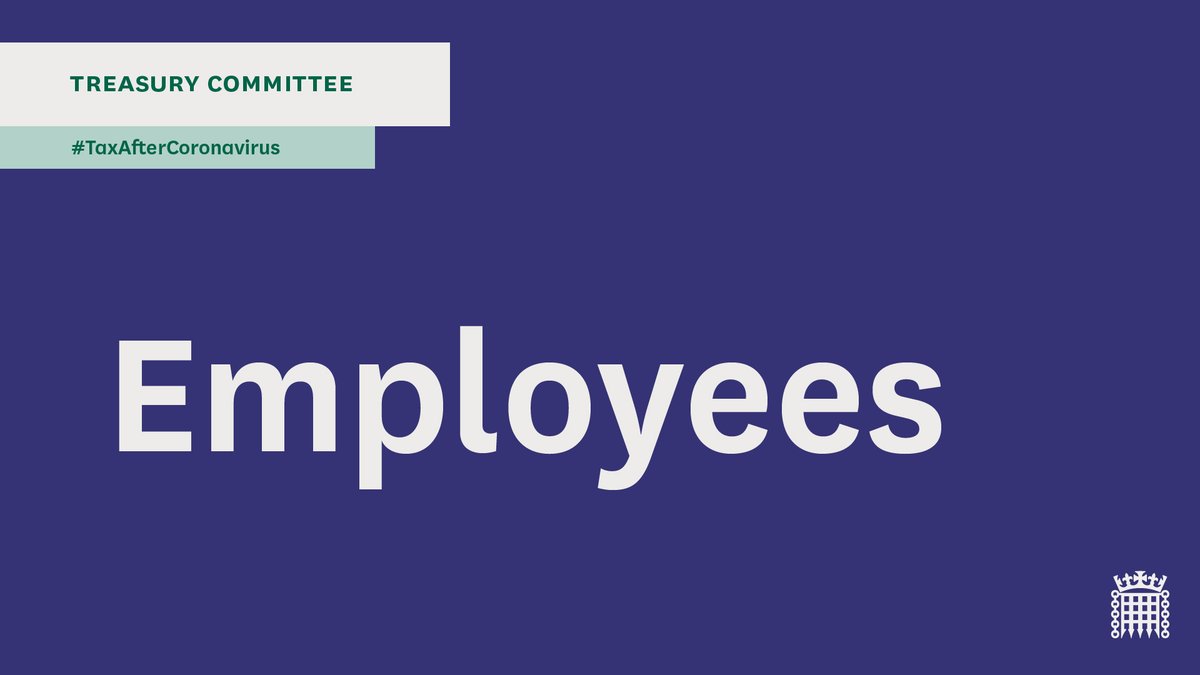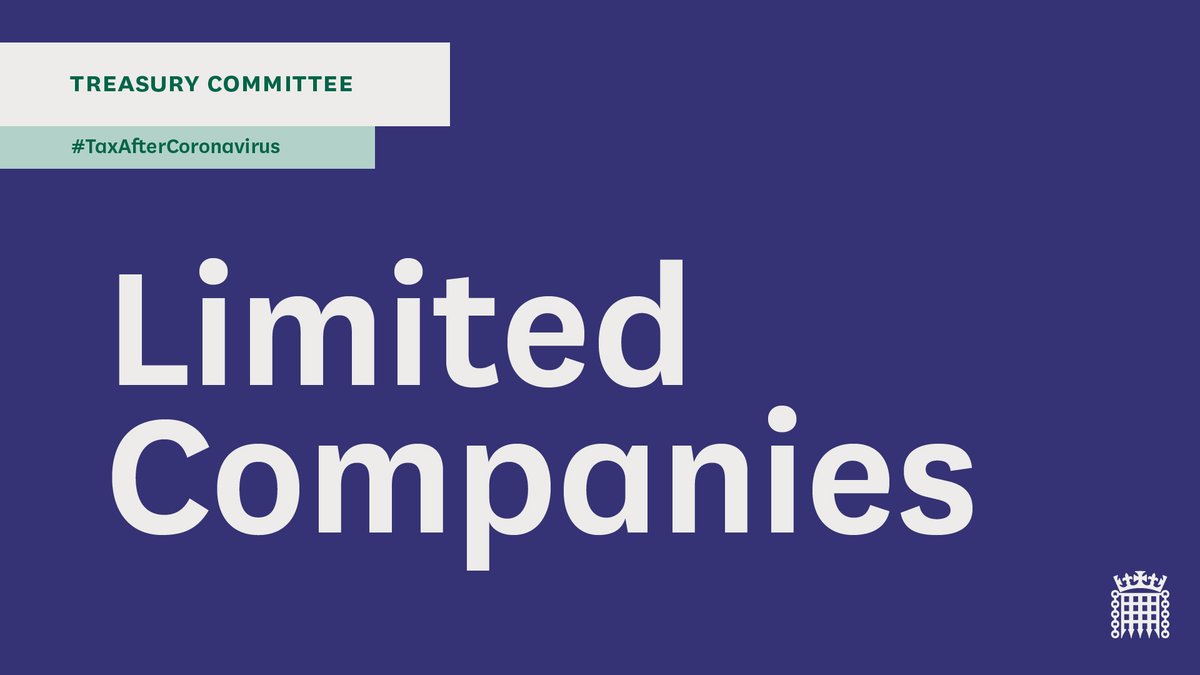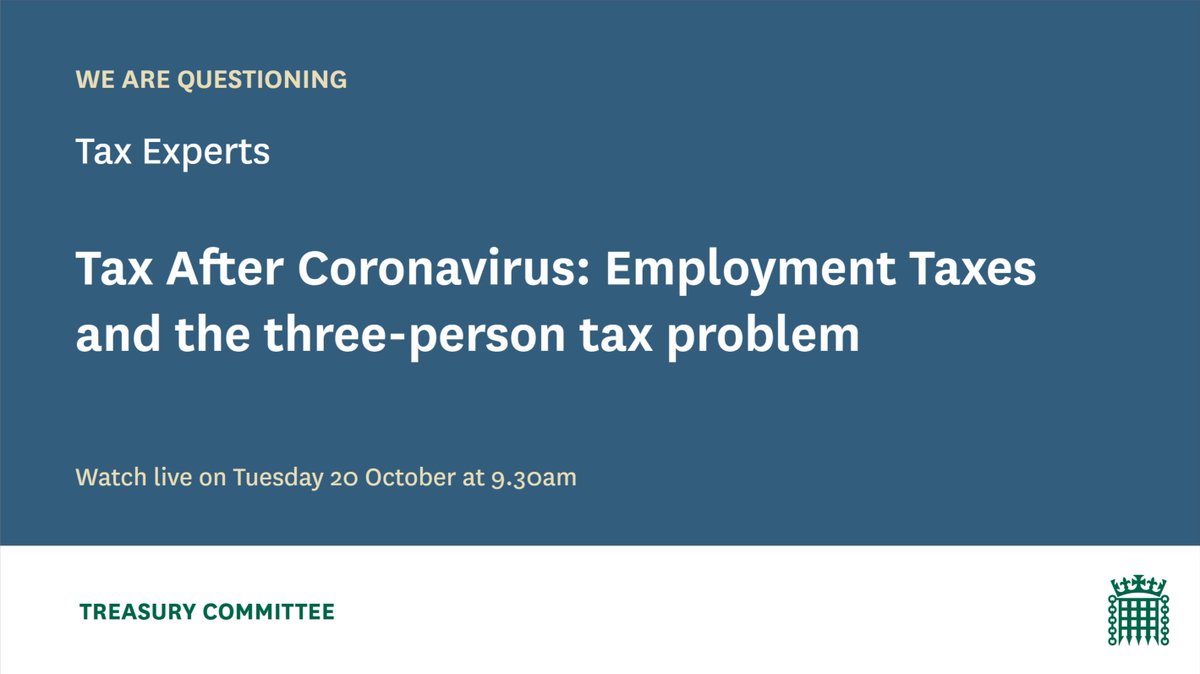
(1/5) The three-person tax problem.
It's possible to work for the same employer and be taxed in different ways depending on whether you're:
1⃣Employed
2⃣Self-employed
3⃣A limited company
Read on to find out more👇
It's possible to work for the same employer and be taxed in different ways depending on whether you're:
1⃣Employed
2⃣Self-employed
3⃣A limited company
Read on to find out more👇
(2/5) These differences arise because of the different ways the tax system deals with different things.
Employees pay income tax and national insurance.
Employees pay income tax and national insurance.

(3/5) The self-employed pay income tax and Class 4 national insurance, which is lower than an employee. 

(4/5) Owners & sole directors of limited companies can pay themselves a salary so just enough national insurance is paid to qualify for a state pension.
The rest can be paid in dividends, with a lower rate of income tax, while the company still pays corporation tax on profits.
The rest can be paid in dividends, with a lower rate of income tax, while the company still pays corporation tax on profits.

(5/5) We're exploring the three-person tax problem in our evidence session on Tuesday 20 October at 9.30am as part of our #TaxAfterCoronavirus inquiry.
📺Watch it live here👇
parliamentlive.tv/Event/Index/22…
And find out more about our inquiry here👇
committees.parliament.uk/work/465/tax-a…
📺Watch it live here👇
parliamentlive.tv/Event/Index/22…
And find out more about our inquiry here👇
committees.parliament.uk/work/465/tax-a…

• • •
Missing some Tweet in this thread? You can try to
force a refresh






























